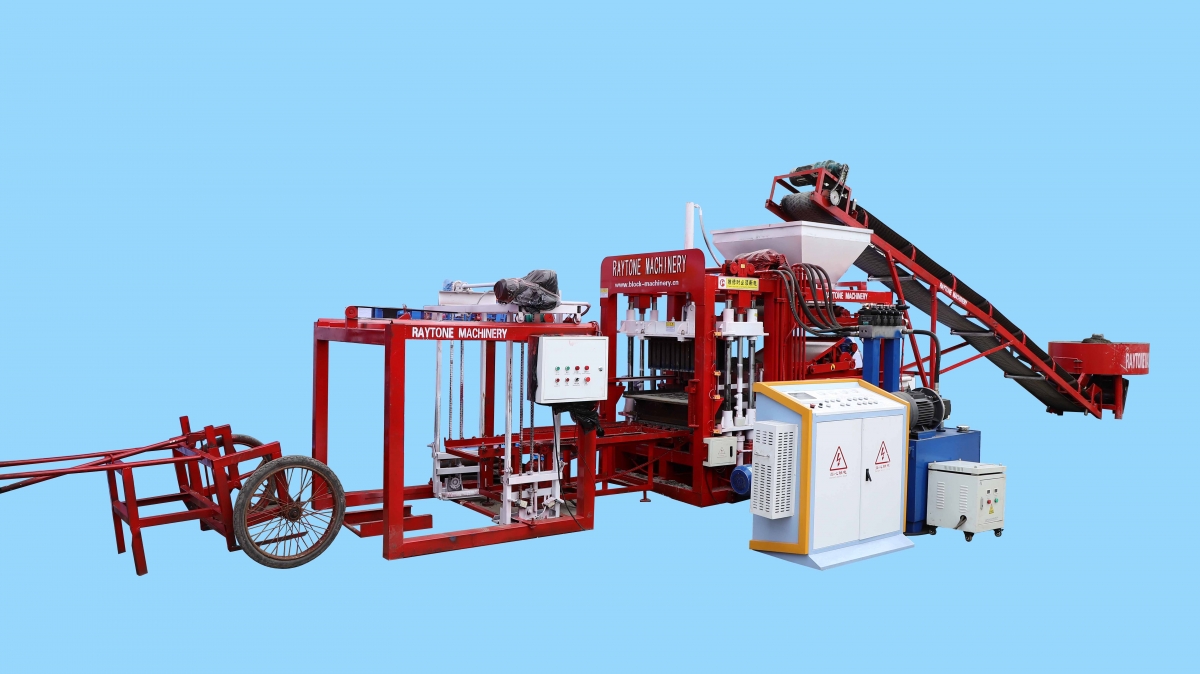- 20
- Dec
compressed earth block machines
Our compressed earth block machines come in a variety of models to cater to different production requirements. From small-scale manual machines to large fully automatic ones, we have a solution for every need. Our machines are also customizable, giving our customers the flexibility to choose the specifications that best suit their production process.
In addition to producing high-quality concrete blocks, our machines also have the capability to manufacture other products such as paving stones, curbs, Split-faced concrete blocks, and landscaping elements. This versatility allows our customers to expand their product range and cater to a wider market.
RAYTONE block machine is also environmentally friendly, with low energy consumption and minimal noise levels.
Another popular option is the automatic hydraulic press machine. It has a higher production capacity, making it suitable for large-scale production. This machine is equipped with an advanced hydraulic system that allows for precise and efficient brick making. It also has a larger moulding pressure, resulting in stronger and more durable bricks.
The fully automatic compressed earth block machines is the most advanced model, with the highest production capacity and automation. It uses PLC control and hydraulic pressure to produce bricks and blocks with high precision. The machine also has a high efficiency and can produce a variety of shapes and sizes of bricks and blocks.
In terms of parameter configuration, compressed earth block machiness have different specifications for its motor power, moulding cycle time, and pallet size. These parameters can be customized according to the specific needs of the customer.
Technical specifications:
1. Power: 6 kW
2. Production capacity: up to 2000 blocks per hour
3. Dimensions: 400mm x 200mm x 200mm (standard block size)
4. Weight: 4285kg
5. Control system: PLC control
6. Mold types: customizable
7. Safety features: emergency stop buttons, protective covers
8. Energy efficiency: low energy consumption
9. Noise level: <78dB
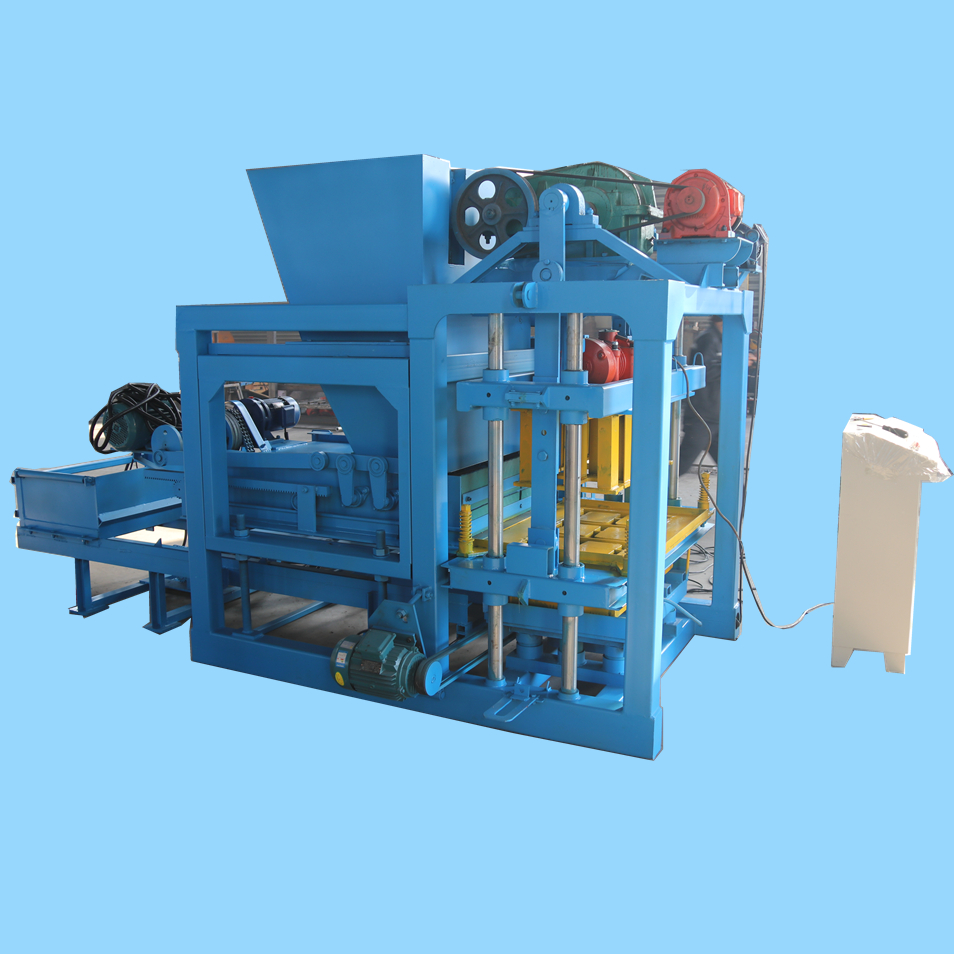
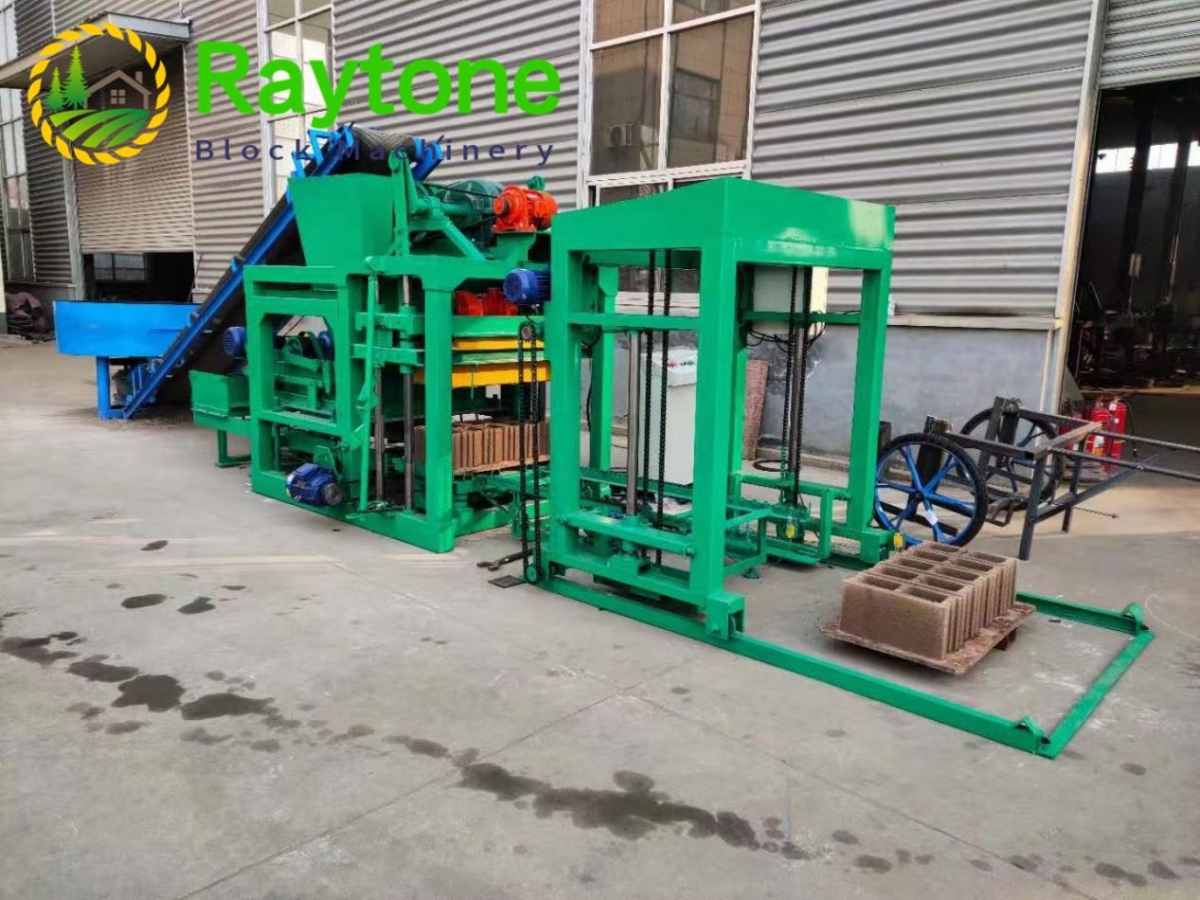
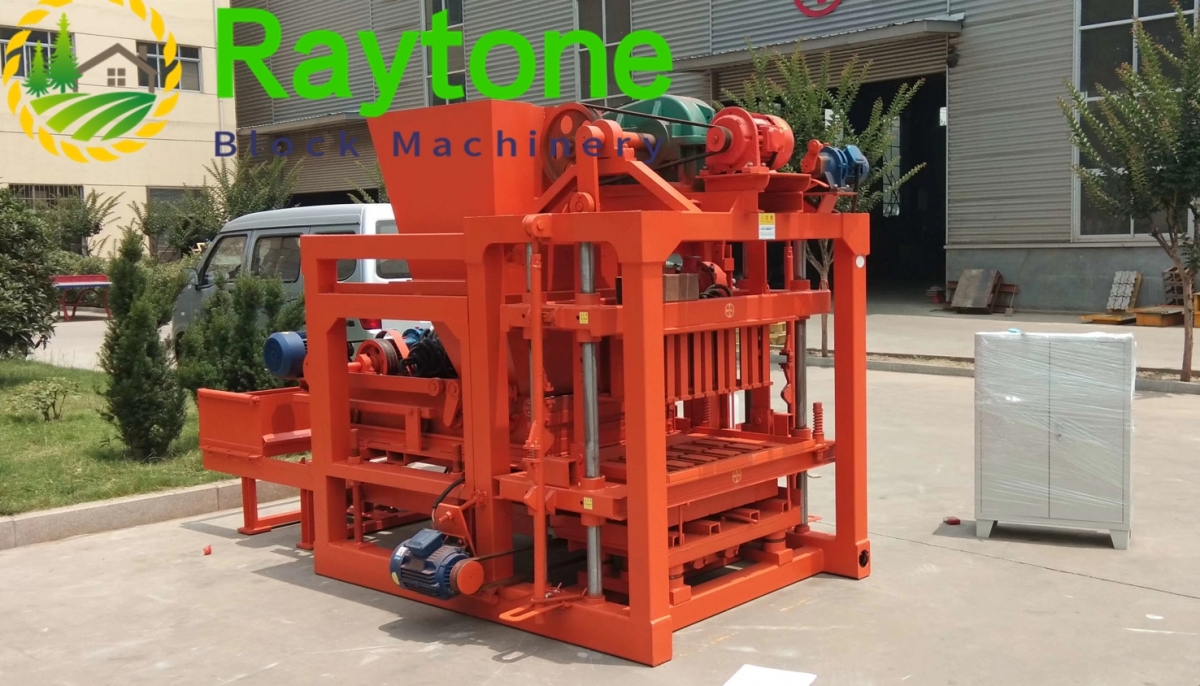
| land area | 313 Square Meters | Water Consumption | 2.4 T/day |
| Workshop area | 61 Square Meters | Electricity Voltage &Frequency | 220V/380V/415V;50HZ/60HZ |
| Labors Quantity | 3 workers | Power Consumption | 26.5 KW*8 Hours=212 KWH; |
| Cement Consumption | 8.79 Tons per day | Sand consumption | 30 tons per day |
| Crushed stones consumption | 39.34 tons per day |
Maximizing Structural Strength with Block Machines
compressed earth block machines FAQs Guide.
The Block machine is an innovative and advanced piece of equipment that is designed to streamline the process of creating high-quality concrete blocks. With its state-of-the-art technology and precise engineering, our Block machine offers superior performance and efficiency for any construction project. It is a versatile and reliable tool that can produce a wide range of block sizes and shapes, making it perfect for various applications, including residential and commercial buildings, road and sidewalk construction, and more. Combined with its durability and ease of use, our Block machine is the ideal solution for your block-making needs. Join the countless satisfied customers who have experienced the benefits of our Block machine and take your construction projects to the next level.
2.What is the size and weight of a typical compressed earth block machines?
3.Can a compressed earth block machines be moved easily?
4.Are there different levels of automation available for compressed earth block machiness?
5.How does the cost of a compressed earth block machines compare to traditional building materials?
6.Can a compressed earth block machines be operated by one person?
7.How long does it take to produce a block with a compressed earth block machines?
8.Can a compressed earth block machines be customized to meet specific production needs?
9.About compressed earth block machines production equipment
10.What types of blocks can a compressed earth block machines produce?
11.How does a compressed earth block machines deal with unwanted air pockets in the blocks?
12.About compressed earth block machines production capacity
13.How does a compressed earth block machines handle different types of soils?
14.How is the quality of blocks produced by a compressed earth block machines ensured?
15.What are the maintenance costs associated with running a compressed earth block machines?
16.What is the cost-effectiveness of using a compressed earth block machines?
1.Does a compressed earth block machines require specialized training to operate?
We continuously upgrade our skills and knowledge to adapt to changing compressed earth block machines market needs.
Yes, a block machine typically requires specialized training to operate. Depending on the type of block machine, the operator may need to be trained in the use of the machine, safety protocols, and other related topics.
2.What is the size and weight of a typical compressed earth block machines?
The size and weight of a typical block machine will vary depending on the type and model of the machine. Generally, block machines range in size from about 4 feet wide by 8 feet long to 8 feet wide by 20 feet long. The weight of a typical block machine can range from 1,000 to 10,000 pounds.
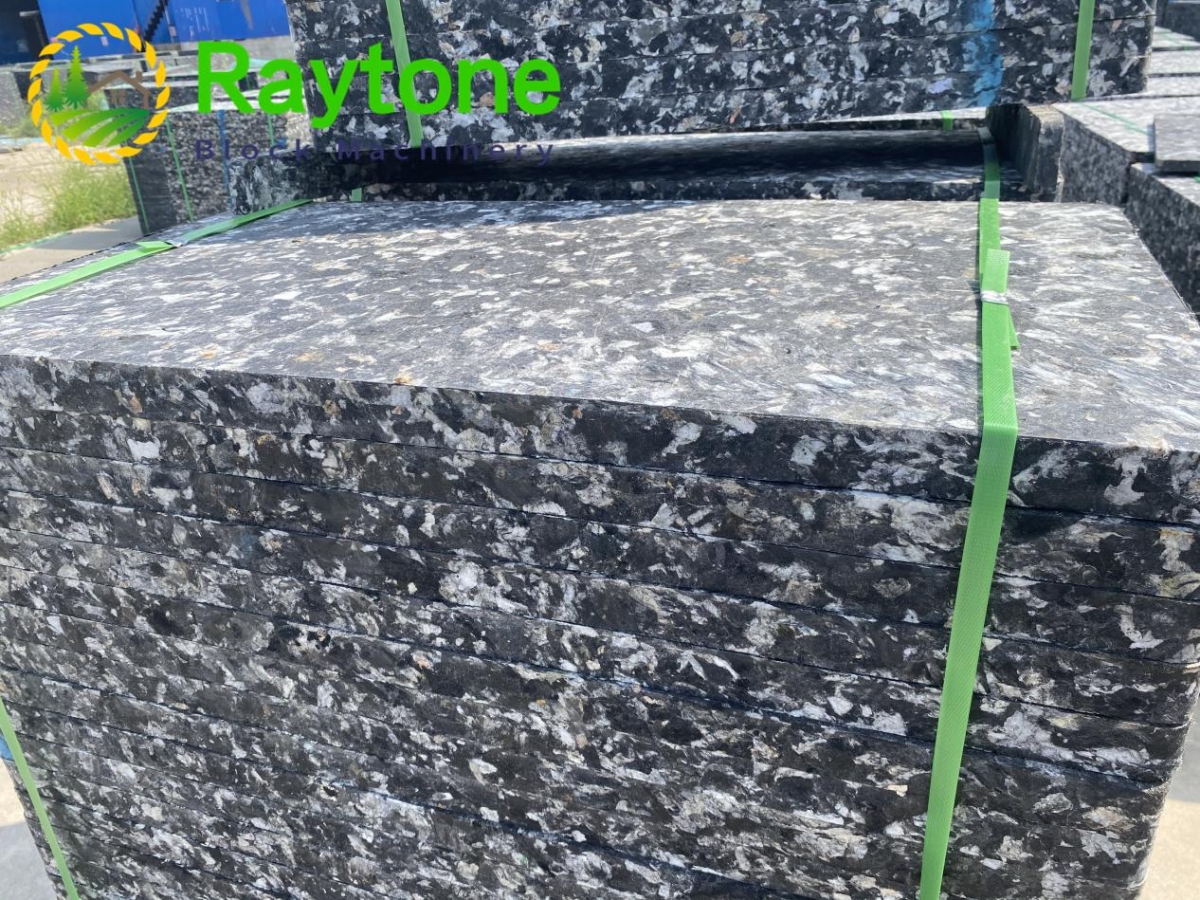
3.Can a compressed earth block machines be moved easily?
We maintain a certain amount of R&D investment every year and continuously improve operational efficiency to provide better services to our cooperative customers.
Yes, block machines can be moved easily. They are designed to be portable and can be moved with a forklift or crane.
4.Are there different levels of automation available for compressed earth block machiness?
We operate our compressed earth block machines business with integrity and honesty.
Yes, there are different levels of automation available for block machines. Automation levels range from manual machines to fully automated machines. Manual machines require manual labor to operate, while fully automated machines are capable of producing blocks with minimal human intervention. Automation levels can also vary depending on the type of block machine being used.
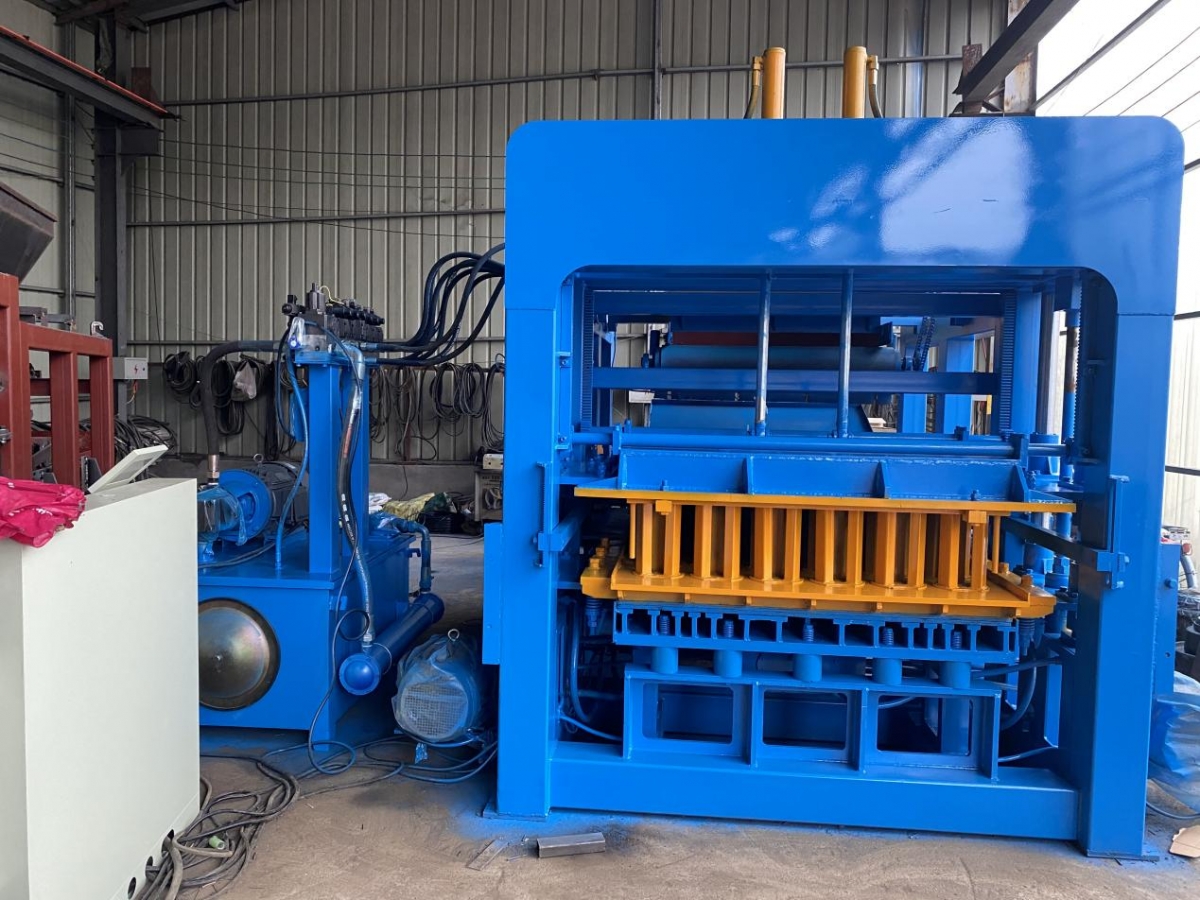
5.How does the cost of a compressed earth block machines compare to traditional building materials?
We focus on our customers’ needs and strive to meet their expectations, so we take this very seriously.
The cost of a block machine is typically much higher than traditional building materials. Block machines are typically used to produce large quantities of blocks, which can be expensive to purchase in bulk. Additionally, block machines require specialized equipment and expertise to operate, which can add to the cost.
6.Can a compressed earth block machines be operated by one person?
Yes, a block machine can be operated by one person. However, it is recommended that two people operate the machine for safety reasons.
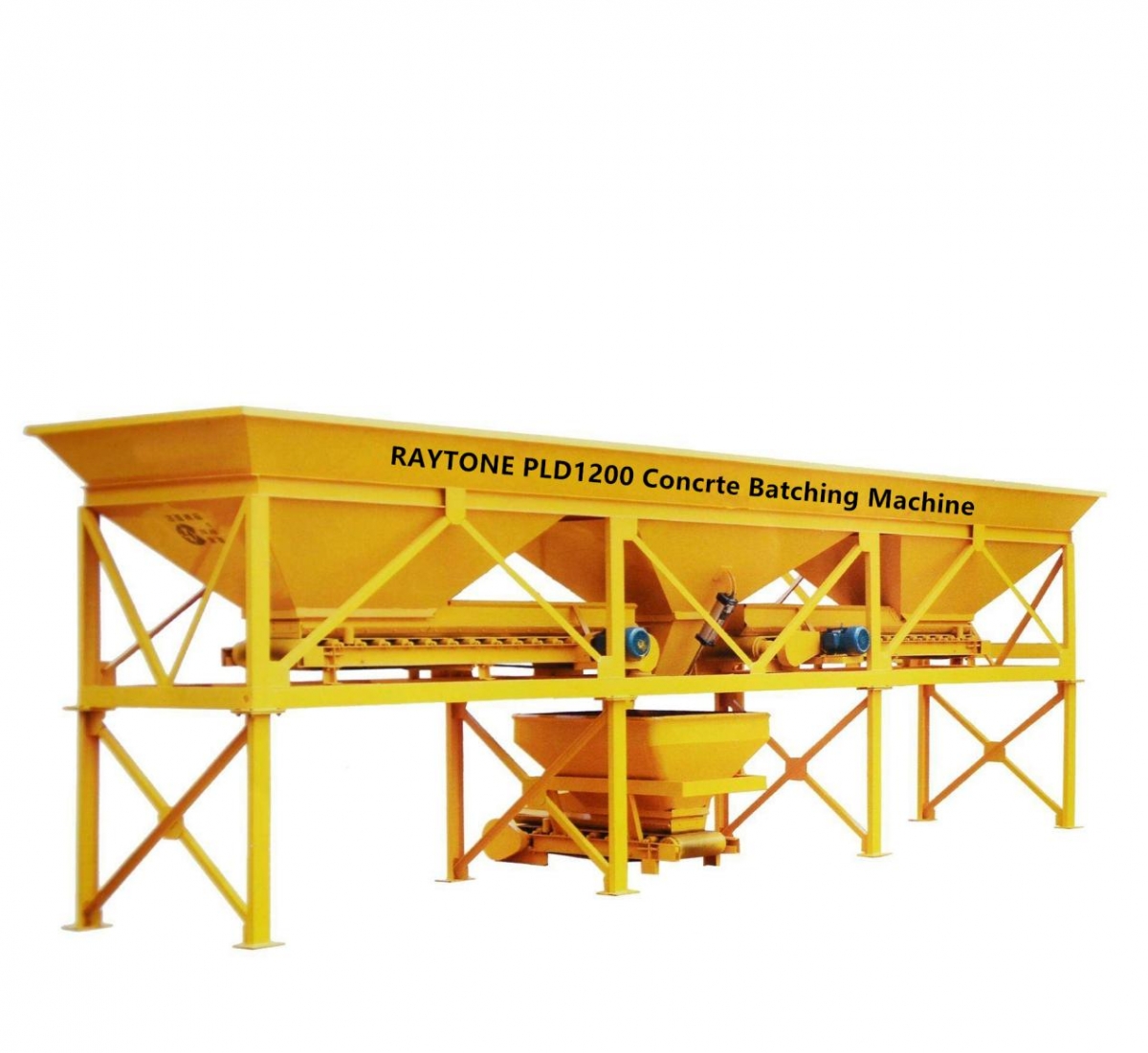
7.How long does it take to produce a block with a compressed earth block machines?
Our mission is to provide customers with the best solutions for compressed earth block machines.
The time it takes to produce a block with a block machine depends on the size and type of block being produced. Generally, it takes between 10 and 30 seconds to produce a single block.
8.Can a compressed earth block machines be customized to meet specific production needs?
Our company has many years of compressed earth block machines experience and expertise.
Yes, block machines can be customized to meet specific production needs. Depending on the type of block machine, customization may include changing the size of the blocks, the speed of the machine, or the type of material used. Additionally, some block machines can be programmed to produce blocks with specific shapes or sizes.
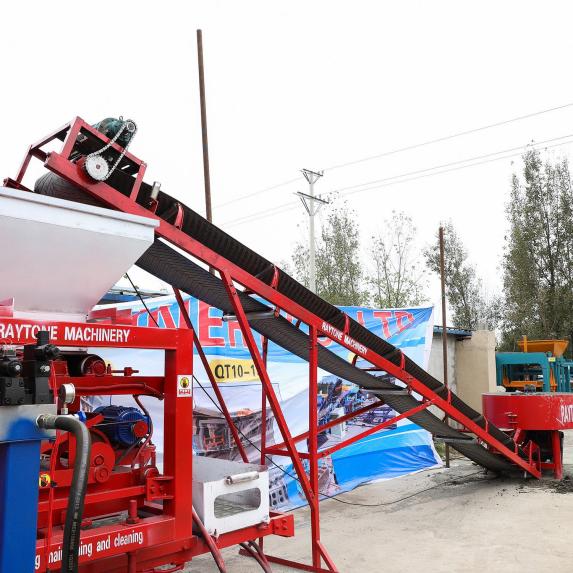
9.About compressed earth block machines production equipment
Block machine production equipment is used to produce concrete blocks, bricks, and other masonry products. This equipment typically includes a mixer, a block machine, a conveyor, and a curing chamber. The mixer is used to mix the concrete, while the block machine is used to form the blocks. The conveyor is used to move the blocks to the curing chamber, where they are cured and hardened. The equipment is typically powered by electricity or diesel fuel.
10.What types of blocks can a compressed earth block machines produce?
We adhere to the principle of quality first and have a complete production quality management system and quality inspection process.
A block machine can produce a variety of blocks, including concrete blocks, cinder blocks, interlocking blocks, retaining wall blocks, and paving blocks.
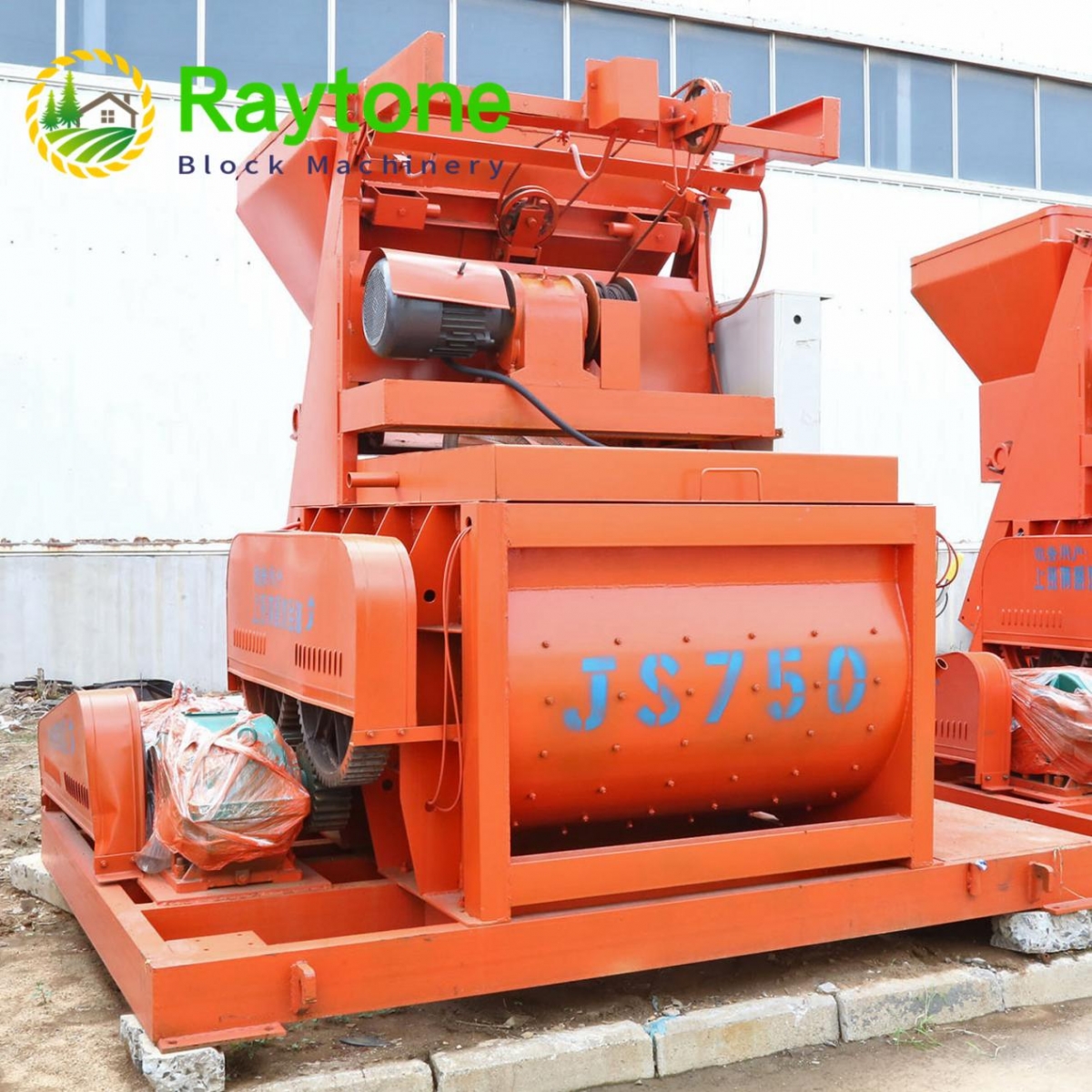
11.How does a compressed earth block machines deal with unwanted air pockets in the blocks?
A block machine typically has a vibration system that helps to remove any unwanted air pockets in the blocks. The vibration system helps to compact the material and fill any voids that may be present. The vibration system also helps to ensure that the blocks are of a consistent density and strength.
12.About compressed earth block machines production capacity
The production capacity of a block machine depends on the size of the blocks it is producing, the type of material being used, and the speed of the machine. Generally, a block machine can produce between 500 and 5,000 blocks per hour.
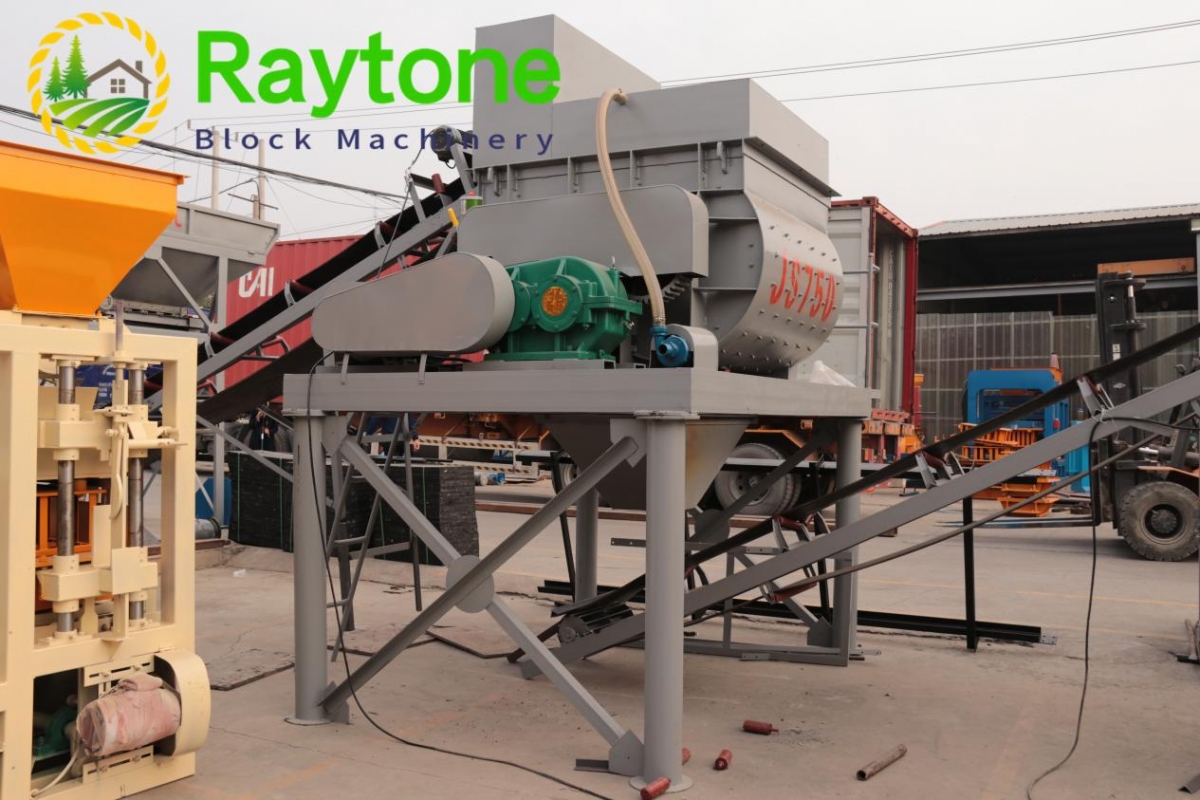
13.How does a compressed earth block machines handle different types of soils?
A block machine is designed to handle a variety of soils, including clay, sand, gravel, and other aggregates. Depending on the type of soil, the machine may need to be adjusted to ensure the blocks are formed correctly. For example, if the soil is clay-based, the machine may need to be adjusted to increase the pressure and vibration to ensure the blocks are formed correctly. Additionally, the machine may need to be adjusted to ensure the blocks are formed with the correct amount of moisture.
14.How is the quality of blocks produced by a compressed earth block machines ensured?
The quality of blocks produced by a block machine is ensured by using high-quality raw materials, controlling the temperature and pressure of the machine, and using quality control measures such as testing the blocks for strength and durability. Additionally, the machine should be regularly serviced and maintained to ensure that it is operating correctly and producing blocks of the highest quality.
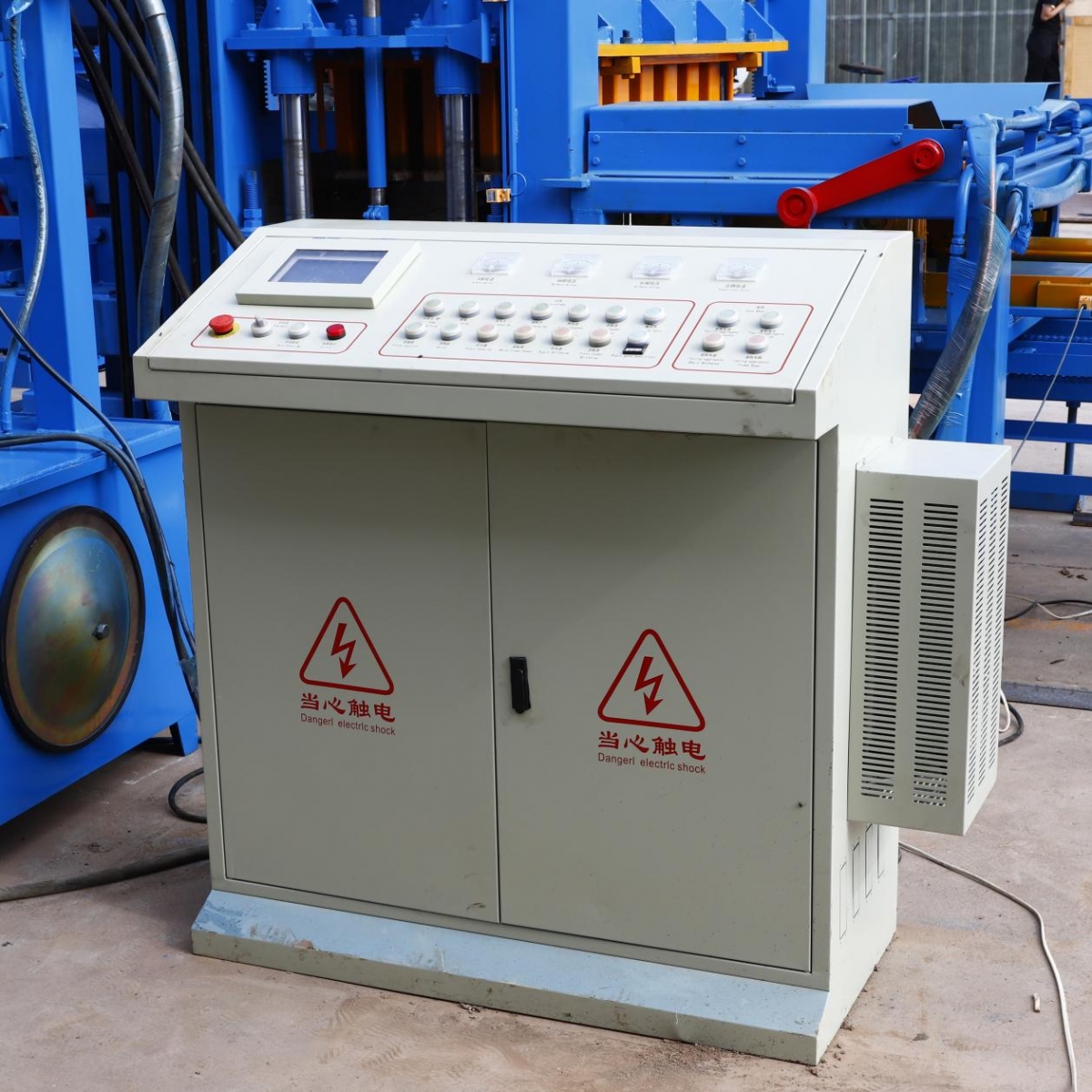
15.What are the maintenance costs associated with running a compressed earth block machines?
The maintenance costs associated with running a Block machine will vary depending on the type of machine and its age. Generally, maintenance costs can include regular oil changes, filter replacements, lubrication, and other routine maintenance. Additionally, more complex repairs such as replacing worn parts or repairing electrical components may be necessary. Depending on the machine, these repairs can be costly.
16.What is the cost-effectiveness of using a compressed earth block machines?
The cost-effectiveness of using a block machine depends on the type of block machine being used, the size of the project, and the amount of labor required. Generally, block machines are more cost-effective than traditional methods of block production, as they require less labor and can produce more blocks in a shorter amount of time. Additionally, block machines can produce blocks with a higher degree of accuracy and uniformity than traditional methods, which can result in a higher quality product.
